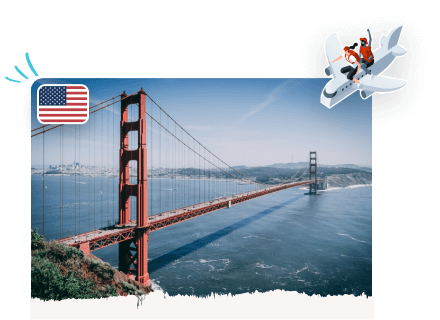
The United States of America is also known as a country of endless opportunities. Millions of people travel to the USA to realize their dreams and start a new life. As there are plenty of successful examples, people inspired by them, and the number of people who want to live and work in the United States increases year by year. Considering high demand, we decided to talk about US employment based immigrant visas. In this blog, you will learn types of US immigrant visas, needed documents for application, application charges, and more.
- What are the different types of US visas?
- How do visas work in the US?
- What are some of the employment based non-immigrant visas in the U.S.?
What are the different types of US visas?
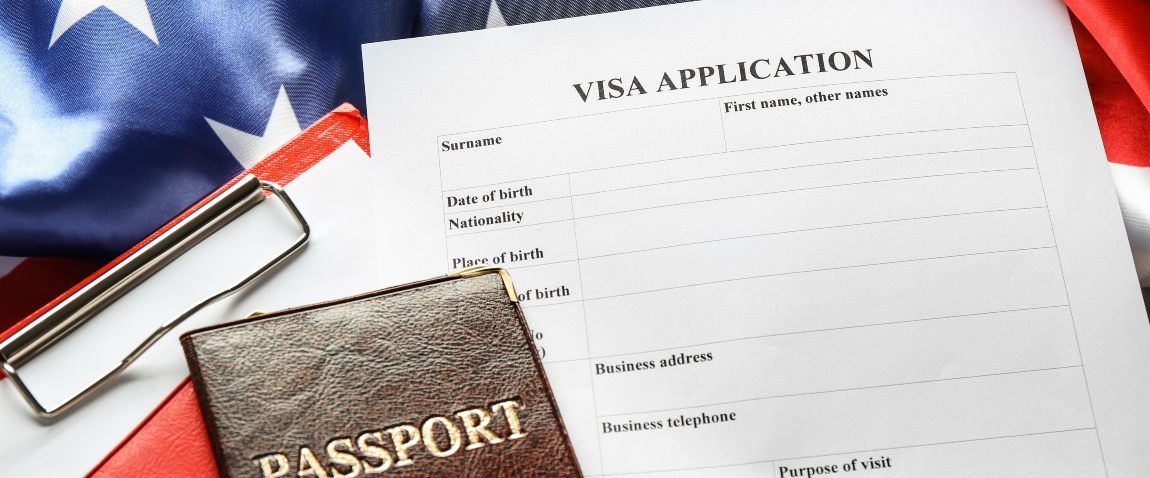
The government created various visa types for foreigners. How do visas work in the US? Visas let foreigners travel to the United States. Each of these visa types has its own requirements and standards which applicants need to fit. You can learn about all visa types via the 'Services' section on our website. For this, choose your nationality and the United States of America as the country you want to visit.
- Electronic System for Travel Authorization
- Non-Immigrant Visas
- Business Visa (B-1)
- Tourism & Visitor Visa (B-2)
- Transit Visa (C)
- Student Visa (F-1 or M-1)
- Exchange Visitor Visa (J-1)
- Media, Journalist Visa (I)
- Crewmember Visa (D)
- Temporary Worker Visas (H-1B, H-1B1, H-2A, H-2B, H-3, L, O, P-1, P-2, P-3, Q1)
- Immigrant Visas
- Immigrant Visa for a Spouse of a US Citizen (IR1 or CR1)
- Visa for a Fiance (K-1)
- Employment-Based Immigrant Visas
- Green Card
Employment based immigrant visas
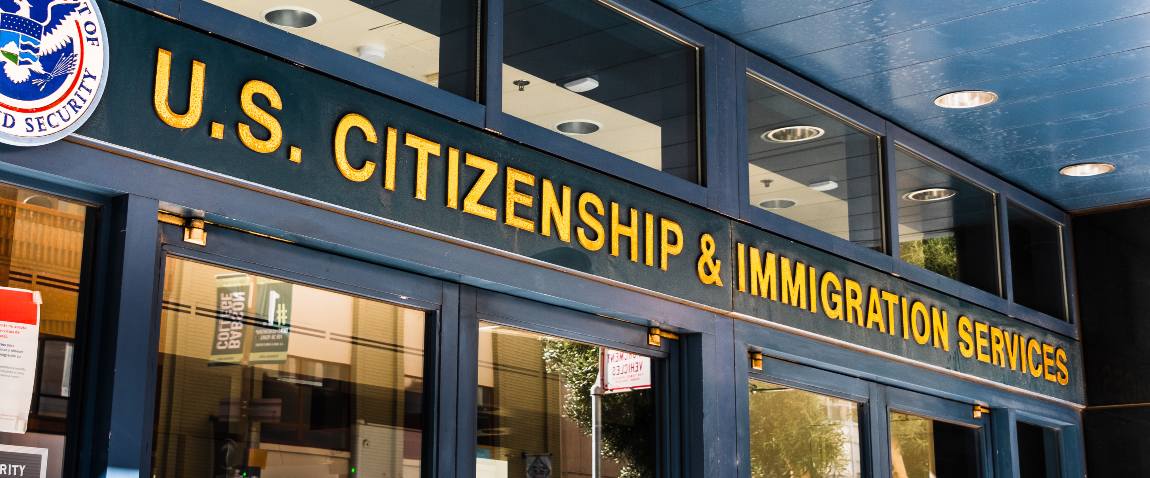
According to immigration law, roughly 140000 applicants get a right to realize employment based immigration to the United States per year. Applications take place between 1 October and 30 September. People from all over the world ( except banned countries) can apply for a visa during this period. Also, before making your application you will need to choose a subcategory that matches your qualities. What are some of the employment based non-immigrant visas in the U.S.? In the following sections, I will mention all of them separately.
First Preference

It is for priority workers and people who have exceptional abilities. Depending on the qualities, this category has three types:
1. People who have special capabilities in athletics, sciences, arts, or education. These people must have a strong background and prove their abilities with national or international results and documents.
2. Well-known scholars and academics who have worked and have researched the related field for at least three years. Applicants who fit these terms can come to the US and apply for an academic position at any university or institution.
3. Foreign administrators who have worked for overseas branches or partners of local employees. They must have at least three years of experience in that company in a managerial capacity. Also, after coming to the United States, they must hold an equal position (executive capacity) at the company.
Second Preference
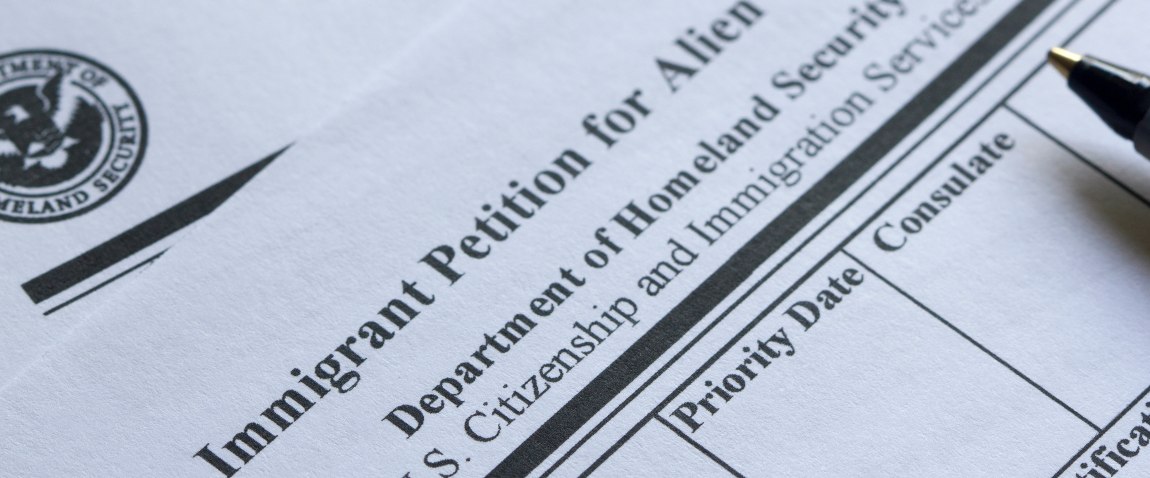
These candidates must hold a labor certification by the Department of Labor. The employer of the candidate must present Form I-140 (an Immigrant Petition) on behalf of him. Under some circumstances, applicants can self-petit and provide Form I-140 on their own. These people will be able to qualify for National Interest Waiver, and it will make them free from the job offer and labor credential. They can do it if the exemption matches national interest. Second Preference has two subcategories:
- Candidates who have at least a bachelor's degree and five years of experience in the field
- People who have unique talents in arts, sciences, or business.
Third Preference
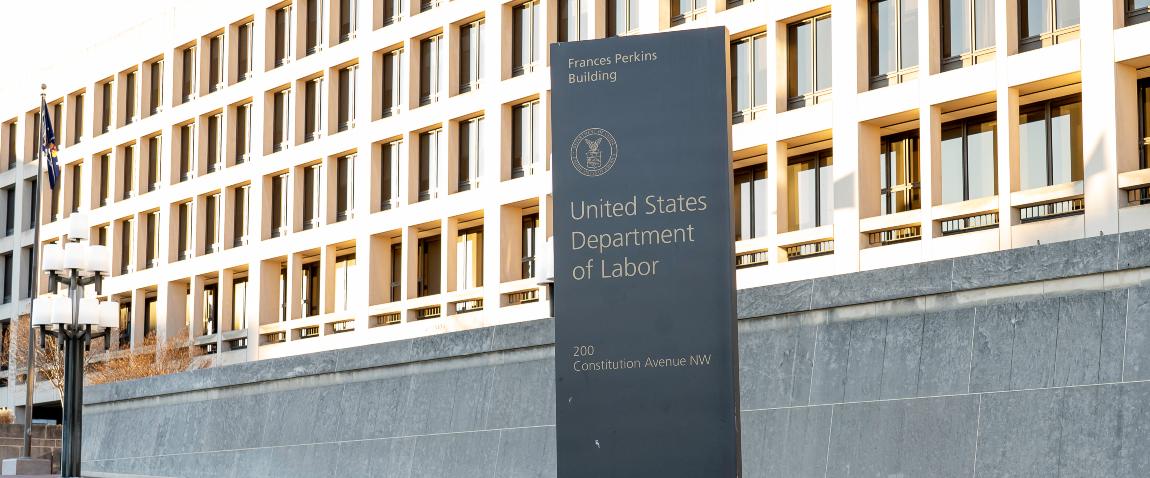
Skilled, unskilled, or professionals are eligible for Third Preference. Such as the previous type, Immigrant Petition (Form I-140) must be filled by the applicant. Moreover, they must obtain a labor certification from the Department of Labor. It is needed for all types of jobs. 28.6 percent of the annual global quota belongs to the Third Preference. Also, applicants are eligible to apply for any vacant Employment visas from the First and Second Preference categories. This category has three subcategories:
- Skilled workers. Whose qualifications don't require at least two years of experience and are not temporary workers.
- Professionals. Applicants whose professions require a bachelor's degree from a university or college in the United States or its international coequal.
- Unskilled workers. These are people who can work in positions that do not require more than two years of experience.
Fourth Preference
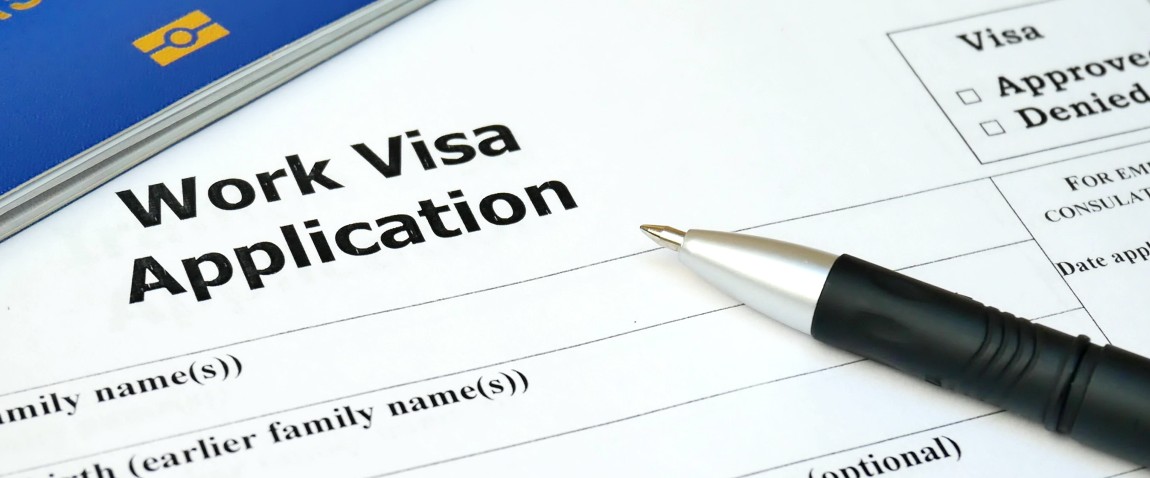
The candidates must be eligible for an authorized Petition Form I-360. Differ from other types, a labor certification is not required for applicants. Furthermore, the Fourth Preference has the most subcategories among all types of US immigrant visas for employment.
- Broadcasters in the United States that work for the International Broadcasting Bureau of the Broadcasting Board of Governors or a grantee
- Ministers of Religion
- Some employees or ex-workers of the government abroad
- Some ex-workers of the Canal Zone Government or Panama Canal Company
- Some ex-workers of the government in the Panama Canal Zone
- Some ex-employees of the Panama Canal Company or Canal Zone Government on, 1 April 1979
- Afghan and Iraqi translators employed directly by the United States armed forces or under Chief of Mission minimum of a year and meet all requirements (only 50 visas per year).
- Some foreign graduates with a medical diploma
- Some retired workers of International Organizations (plus their children)
- Some immigrant youths (but only adjustments)
- People who are recruited outside of the USA who have served or are enrolled to serve in the Armed Forces of the United States.
- Some NATO-6 civilians that retired (plus, some of their unmarried sons, daughters, surviving spouses)
- Some religious workers
Fifth Preference

The last category of employment based immigrant visas is for foreign investors. This category was launched in 1990, and the main aim is to attract international investors to the country. These investments create new job opportunities and boost economic growth. It means that it is beneficial for everyone.
How to apply for a visa?
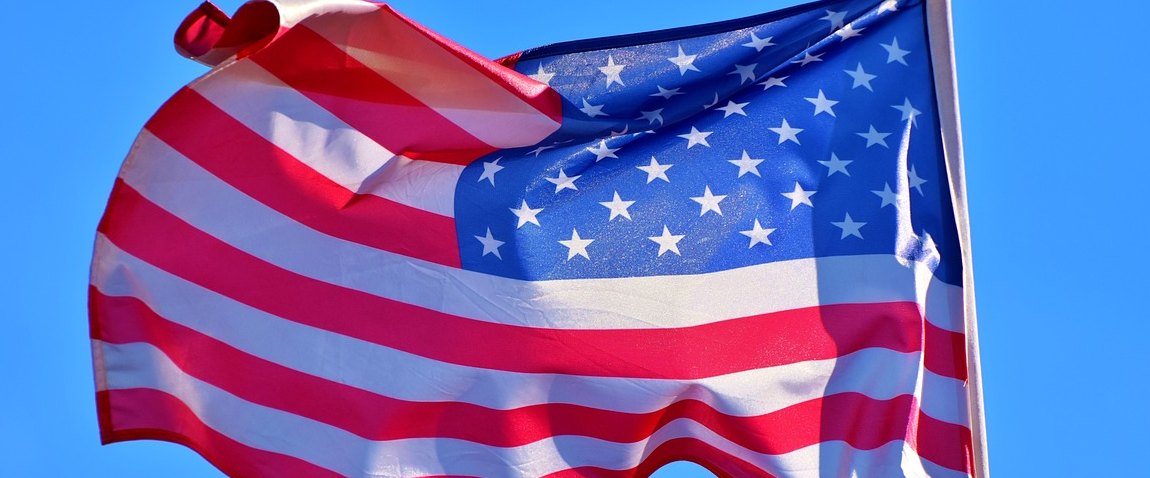
You will need to finish several steps during the application procedure. Firstly, you will need to get the labor certification from the Department of Labor. Secondly, your employer will present Form I-140 as we mentioned above. After that, you will need to collect some documents, fill online form, pay the visa application charge, arrange an interview, and wait for processing. Also, there can be two situations related to candidate's age:
- People between 14 – 79 must apply through a pre-arranged interview
- Applicants younger than 14 and older than 80 can apply by courier
Required documents

Which documents will I need during the visa application procedure? The list of documents may vary depending on the category. But, generally, you will need the documents below:
- Form DS-260
- Verification page of the appointment
- Passport or another travel document that is valid for a minimum of 180 days and at least 2-3 free visa pages
- The photo that is taken within the last 180 days (5 x 5 cm)
- Birth certificate
- Evidence of status
- Document from the police department of the country of residency and all other countries where you have been more than six months after 16.
- Finished medical examination forms
- Proof of financial means. All candidates must provide documents to prove that they have enough money to cover all their expenses. They can do it by presenting bank statements (for the last six months), payslips, etc.
- Photocopy of flight reservation
- Photocopy of accommodation booking with address details
Application fee and processing time

After providing the documents, you will need to pay the USA visa fee. How much does it cost? It is 445 USD for all nationalities and categories. You will pay the fee when you arrange an interview online. So, you must have a valid credit card. It can be a Master, Visa, or another international card. How many days will the processing last? The processing time may vary depending on the workload and the country where the candidate applies. But, the average duration is 10-60 calendar days.
Visa interview

The interview is one of the crucial steps of the visa application. The processing time will start after this step. During the interview, you will need to answer some questions, and you will need to show the documents. What kind of questions will they ask? There can be various types of questions. First of all, they will ask you the purpose of the visit. Also, they may ask questions about your plans. Which places do you want to see, what kind of business plans do you have, and so on. How to prepare for an interview? The only thing that you should do is relax. There is not any reason to worry about it. You just may have some practice. It may help to feel more confident. During the interview, do not try to deceive anyone. They will already have information about you. So, answer the questions honestly and show all yours skills to prove your eligibility.


